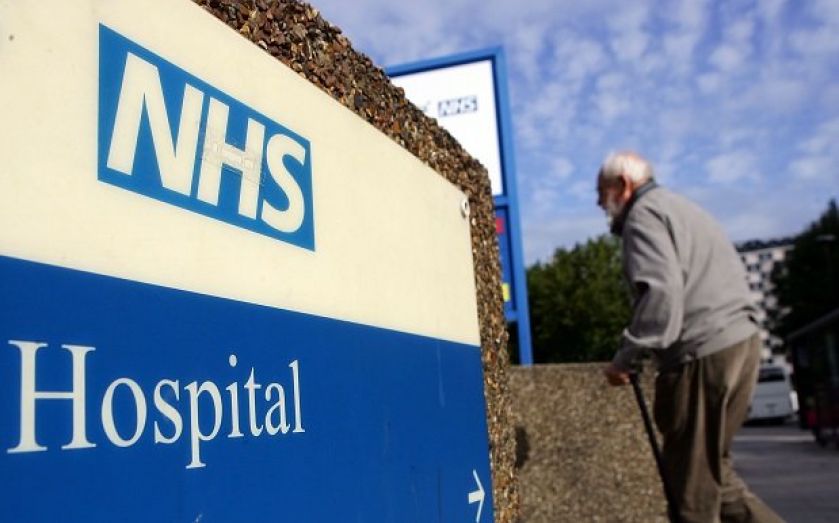Future of NHS funding needs national debate, say health professionals

A host of health experts have penned a letter to the Times urging a national debate on the future of NHS funding in England.
While celebrating the rise in life expectancy, the letter warned that the next 50 years will see a growth of at least two-and-a-half times the number of people suffering from multiple problems.
If nothing is done, an additional £30bn of funding will be required to maintain current service provision by 2020. The status quo is not an option and there already signs the system is "creaking at the seams", according to the letter.
Furthermore, if health productivity continues to grow at a meagre one per cent per year, the Office for Budget Responsibility calculates that public debt will skyrocket to 211 per cent of GDP by 2062-63.
According to the BBC's health editor, the group is said to be in sympathy with either tax hikes or charges for selected treatments to meet the funding gap. The letter calls for a cross-party approach to lead a “national conversation” on the scope, and funding of health and social care.
Addressing the prospective funding squeeze for the NHS, head of public policy at the Institute of Economic Affairs Ryan Bourne, wrote in City A.M.:
We could move to co-payments, whereby NHS funding is reduced from full cost absorption to 95 per cent. Subject to an income-related annual cap, this would see patients pay the remaining five per cent of the cost of every medical service they receive. Full-cost reimbursement could remain for the very poor and for preventative care.
But for everything else, co-payments would encourage patients to ask whether the treatment recommended represents value for money, whether they could see a nurse in a walk-in clinic rather than a doctor, or whether the drug they are prescribed is more cost effective than a generic one.
Signatories to the letter included: Sir John Oldham, who chaired the Independent Commission on Whole Person Care; Jeremy Hughes, chief executive of the Alzheimer's Society; Peter Carter, chief executive of the Royal College of Nursing; Maureen Baker, chairwoman of the Royal College of GPs; Sir Richard Thompson, president of the Royal College of Physicians; Jean-Pierre van Besouw, president of the Royal College of Anaesthetists, and Chris Hopson, chief executive of the Foundation Trust Network.